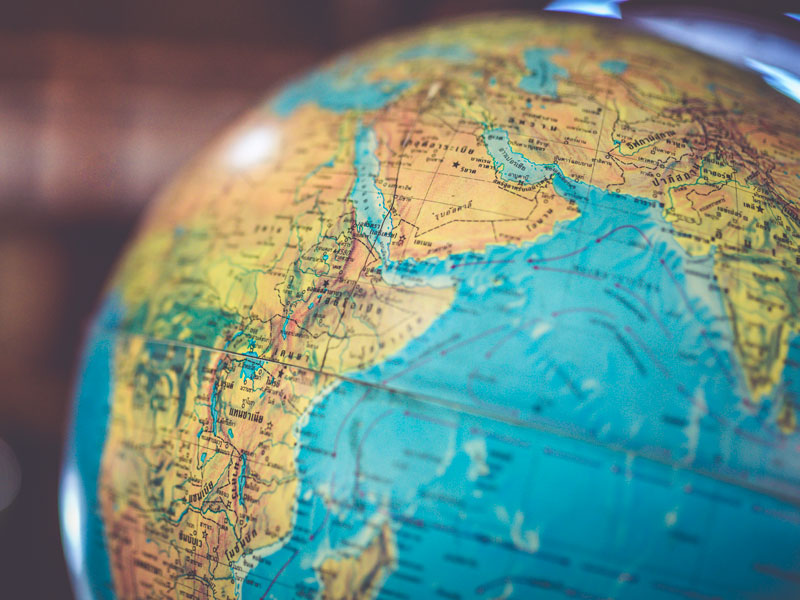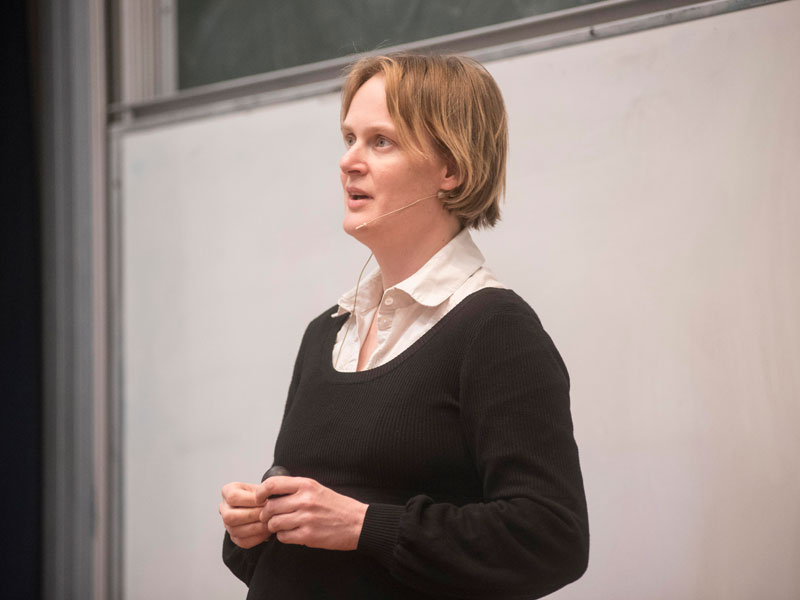A new interdisciplinary research centre designed to investigate how to do the most good has opened at the University, thanks to generous philanthropic support from Luke Ding, Shamil Chandaria and the Open Philanthropy Project.

The Global Priorities Institute (GPI) will work on fundamental questions relating to how best to improve the world. It will bring together established academics, early career fellows, academic visitors and postgraduate students to conduct world-class research on topics ranging from animal sentience and altruistic economics, to donor collaboration and moral uncertainty. The findings of these investigations will be used to inform the decision-making of individuals and institutions seeking to do as much good as possible.
The Global Priorities Institute will sit within the University's Faculty of Philosophy and will work closely with Oxford's Department of Economics. As part of its launch, the institute hosted the inaugural Tony Atkinson Memorial lecture, given by Professor Yew-Kwang Ng (Nanyang Technological University).
GPI's vision is a world in which global priorities are routinely set by using evidence and reason to determine what will do the most good.Professor Hilary Greaves
Professor Hilary Greaves, Director of the Global Priorities Institute, says: 'Policy makers and altruistic private individuals alike face tough choices about where to direct their efforts in seeking to do the most good they can in the world. GPI's vision is a world in which global priorities are routinely set by using evidence and reason to determine what will do the most good, construed as far as possible in a sense that is impartial and cosmopolitan. Our mission is to conduct and promote the world-class, foundational research that, we hope, can help to make that vision a reality.'

The Open Philanthropy Project, an independent grantmaking organisation which seeks to give as effectively as it can and share the findings openly so that anyone can build on them, has given over £2 million towards the establishment of the institute.
Thanks to a commitment of over £1 million from financier and philanthropist Luke Ding, several core academic posts at the GPI have been secured, including that of Professor Hilary Greaves, Associate Professor William MacAskill and Associate Professor Andreas Mogensen.
Mr Ding says: 'For many years I have been trying to determine how I can best use my time and resources to help others. I studied medicine, then moved on to a career in investing which allowed me to become a philanthropist. GPI's foundational research will make a huge difference to the positive impact I and others in similar situations can have on the world - whether in choosing a career or determining where and how to donate. I'm very glad to be a part of its formation!'
I'm thrilled to support research into such crucial questions.Dr Shamil Chandaria
A commitment of £1 million from investor Dr Shamil Chandaria will help to ensure the long-term stability of the institute. He says: 'As both an economist and a philosopher by training and a philanthropist by occupation, I appreciate the importance of these fields in determining how to do the most good. I'm thrilled to support research into such crucial questions.'
The GPI joins the Future of Humanity Institute and the Oxford Uehiro Centre as interdisciplinary hubs of research which have sprung from the Oxford Philosophy Faculty. Together, they give new strength to Oxford's international reputation for research excellence.